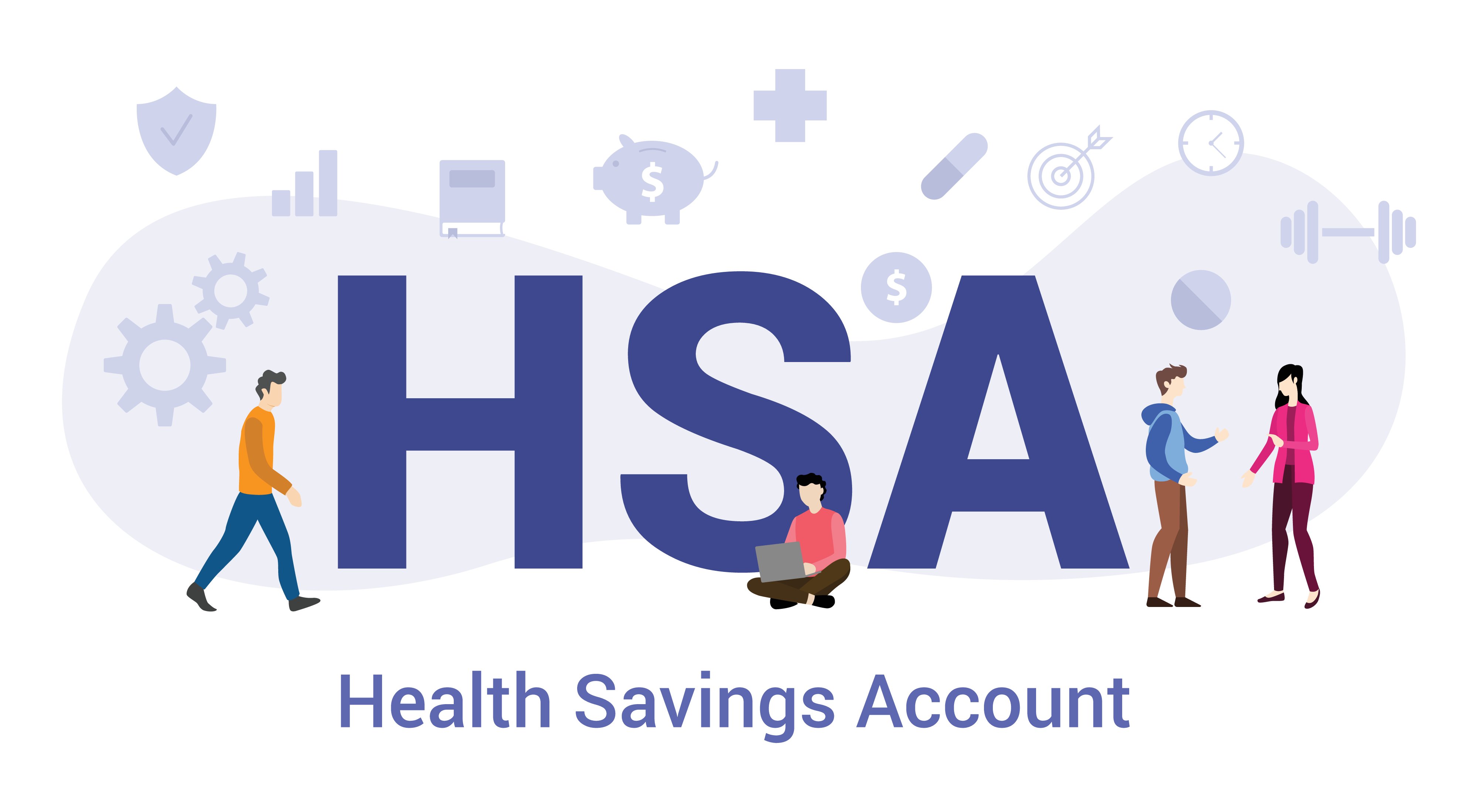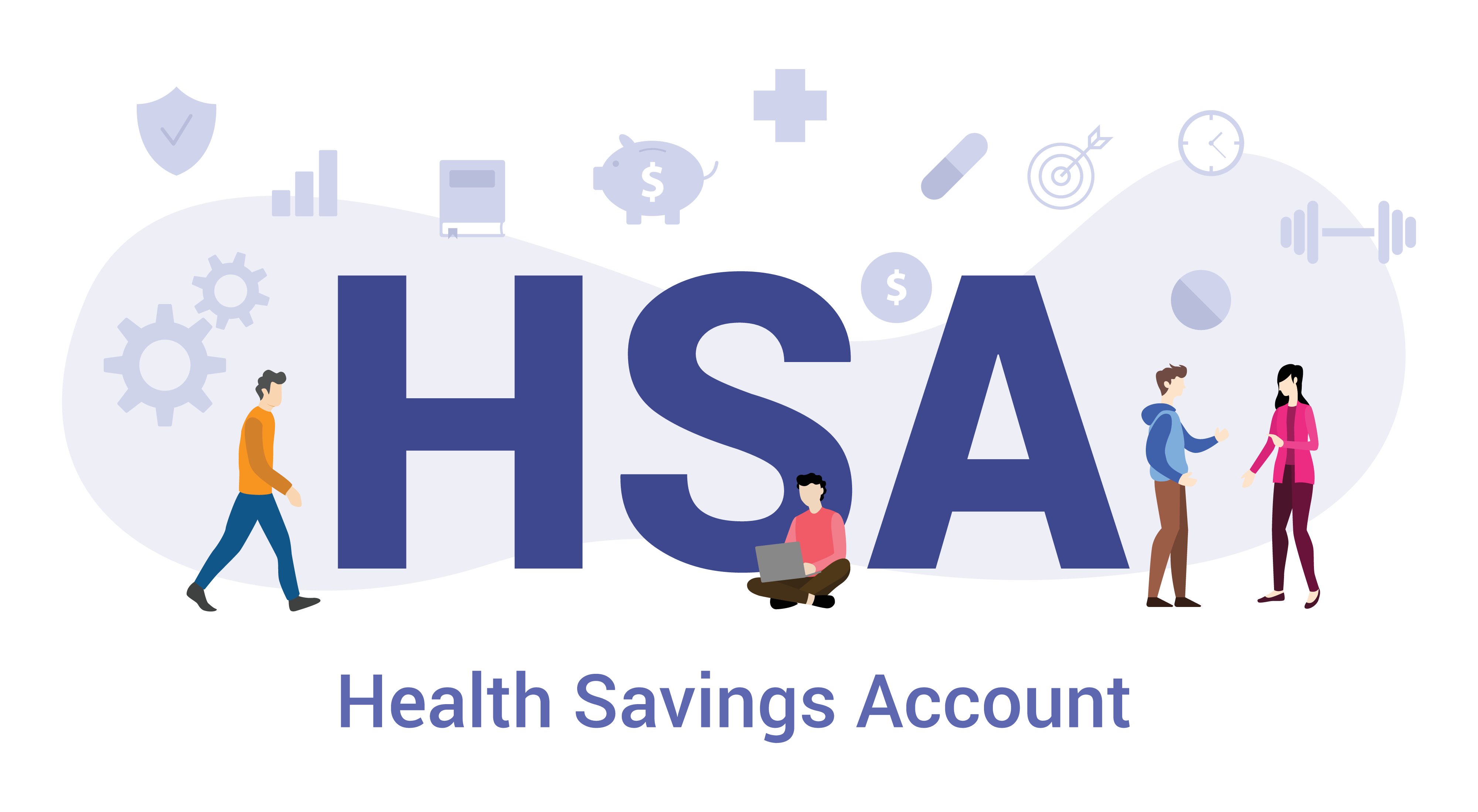 If you’ve ever tossed around the idea of utilizing health savings accounts (HSA) for your employees but don’t know at all what to expect, now is the perfect time to educate yourself on the matter.
If you’ve ever tossed around the idea of utilizing health savings accounts (HSA) for your employees but don’t know at all what to expect, now is the perfect time to educate yourself on the matter.
Read on for our beginners guide on everything HSA and the benefits they offer:
What is an HSA?
Before looking at the benefits of HSAs, it’s important to first define them. An HSA is a savings account owned by an employee for the purpose of helping them save money that is qualified for out-of-pocket medical expenses like doctor visits, dental care and prescriptions, tax-free. It can become a great benefit for both you as a business owner and your employees.
What Are The Benefits of an HSA for Employers?
While HSAs are notably advantageous for employees, they can also benefit you as a business owner. Consider the following factors that outline how your business will be helped by offering HSA to your employees:
- Employee Satisfaction & Retention: Employees often inquire about health insurance whenever they apply for a job. In fact, according to a Further survey, some 24% of employees stated that it is the most important factor they consider about a job. It is also just as key to retaining your current employees and ensuring they remain satisfied with their job. It is as if you are investing in the wellness of your employees by offering this form of medical and savings provision. Therefore, offering good medical benefits, most notably an HSA, is vital to obtaining and then maintaining the interest and satisfaction of employees in this booming market.
- Tax Savings: Employers don’t have to pay payroll taxes on HSA contributions, which benefits both your tax burden as a business owner as well as your employee. Earnings via HSA are not taxed. Therefore, this is one way to reduce the amount of taxes both you and your employee are responsible to pay.
- Federal Tax Deduction for Contributions Made Toward Employee HSAs: Finally, and perhaps the most significant benefit is that HSAs give you a bit of a tax break as a business owner since you can deduct any contributions you have made toward your employees' HSAs, which reduces your taxable income. In this day in age, it seems it’s harder and harder to maintain a business and make ends meet. It also seems businesses sometimes get hit the hardest when it comes to paying taxes. HSAs are a great way to reduce your business’s tax burden while helping your employees by contributing to their HSA.
What Are Employer’s Responsibilities
While the benefits of an HSA account when it comes to your role as a business owner are many, these accounts do not come without some responsibilities. In terms of what you are responsible for pertaining to HSA accounts, you can expect to work with your employees to determine who is and who is not eligible for an HSA account. You are also required to know and not exceed contribution limits and to be aware of other requirements. As an employer, you will also need to provide and keep track of the appropriate tax documents for your employees. There is a great deal of information to keep track of if you choose to offer HSA to your employees, which is why it’s vital to consult with your account or other financial advisors prior to and throughout the process.
It’s Beneficial but Does Require Some Action on Your Part.
Employee benefits can be a big responsibility to manage. Especially when you are trying to do this on top of payroll administration and other HR responsibilities. TPC offers More Than Payroll and partners with leading benefits providers so you and your team can access health insurance, 401(K)s and more with ease, all for the betterment of your own business and the job satisfaction of your employees.





